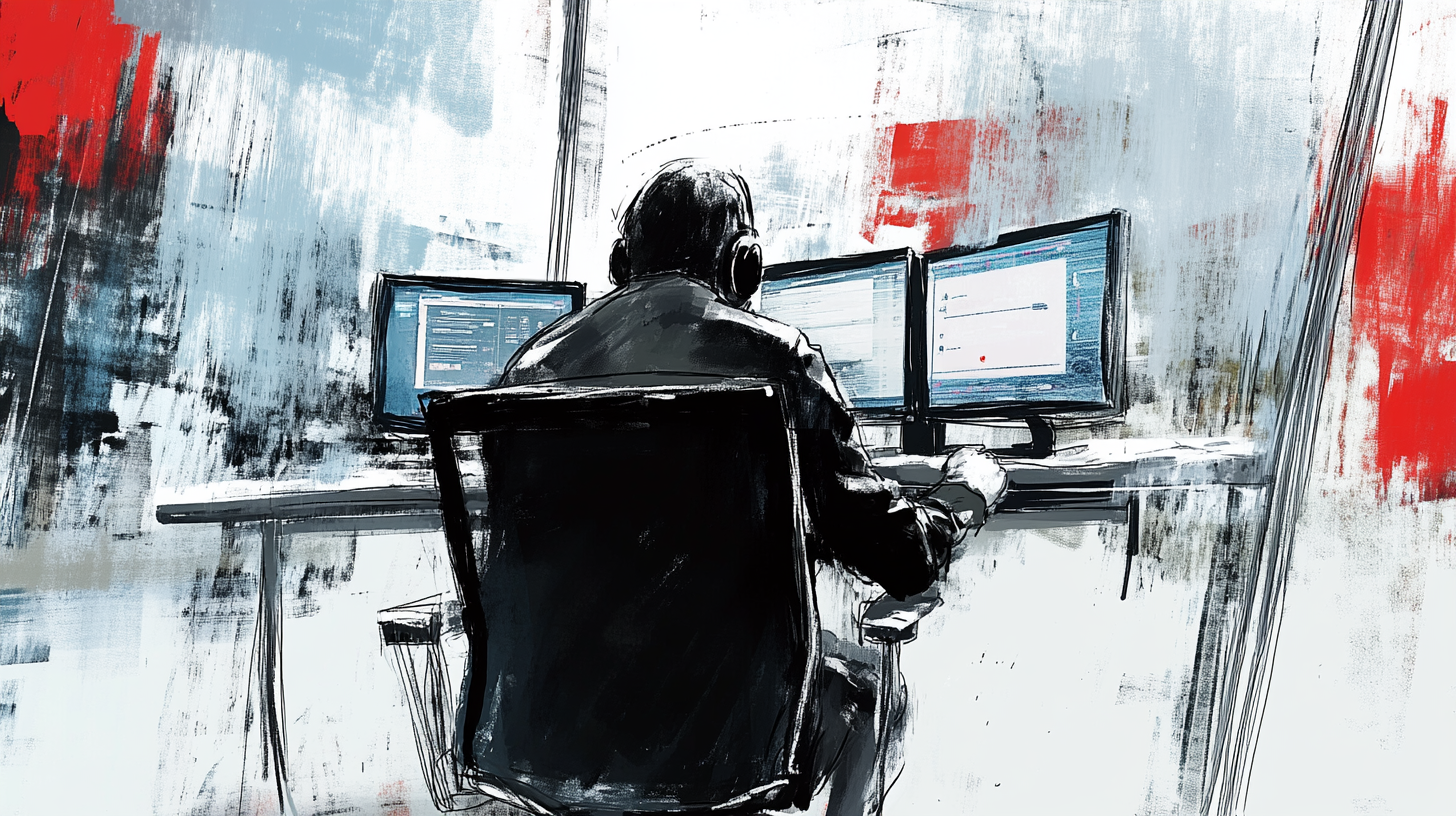German emergency dispatchers get AI assistant to translate calls and suggest questions

Artificial intelligence is being tested at the Integrated Control Center in Ludwigshafen to save precious time during emergency calls. For example, a computer voice translates for callers who speak a foreign language.
According to an SWR report, the Integrated Control Center in Ludwigshafen is using artificial intelligence (AI) to speed up emergency call handling. Until now, it took valuable minutes when callers only spoke a foreign language. Dispatchers had to quickly find a colleague who could translate, which cost time and caused stress, says Manuel Fischer, head of the integrated rescue service department.
Now, AI translates into 42 languages and immediately shows dispatchers the German translation. Voice output is also possible: the dispatcher responds in German and with the push of a button, a computer voice translates for the caller. Fischer says the control center has had good experiences with this so far.
Other planned AI functions include suggesting appropriate questions for callers and calculating search areas, for example, if someone has fallen into the Rhine river. Around 20 AI services are being developed in total, says Pascal Gerber from the Fraunhofer Institute in Kaiserslautern, which is supporting the pilot project. However, completion could take a year or longer in some cases.
Gerber is working to ensure the AI functions as reliably as possible. For example, if the AI analyzes photos of an accident site, it should indicate with a percentage value how likely the information is correct. This way, the dispatcher knows whether they can rely on the AI or need to investigate further.
Despite AI, Fischer says the human will always make the final decision in the end. He is certain this will remain the case, because some situations require human understanding. For example, when a roller coaster rider's smartwatch accidentally dials the emergency number, Fischer calls back a little later and asks, "Which roller coaster did you ride?"
The AI pilot project has been running since June 2021. The goal is to simplify the collection, processing, and networking of information, as well as initiating measures in emergency and disaster situations. Warnings, situation information, and emergency communication to the public via live audio, video, or chat are also to be made possible.
AI News Without the Hype – Curated by Humans
As a THE DECODER subscriber, you get ad-free reading, our weekly AI newsletter, the exclusive "AI Radar" Frontier Report 6× per year, access to comments, and our complete archive.
Subscribe nowAI news without the hype
Curated by humans.
- Over 20 percent launch discount.
- Read without distractions – no Google ads.
- Access to comments and community discussions.
- Weekly AI newsletter.
- 6 times a year: “AI Radar” – deep dives on key AI topics.
- Up to 25 % off on KI Pro online events.
- Access to our full ten-year archive.
- Get the latest AI news from The Decoder.